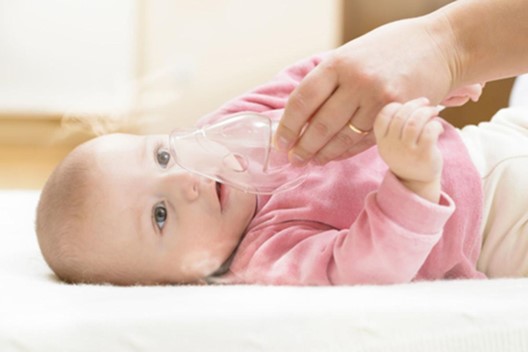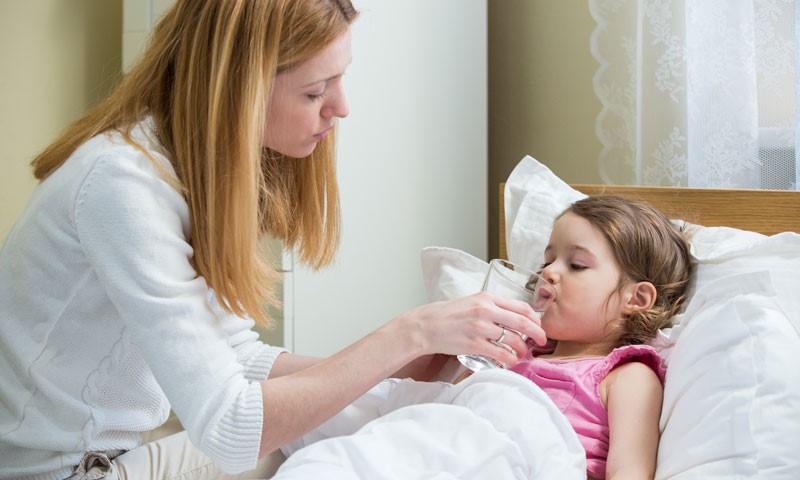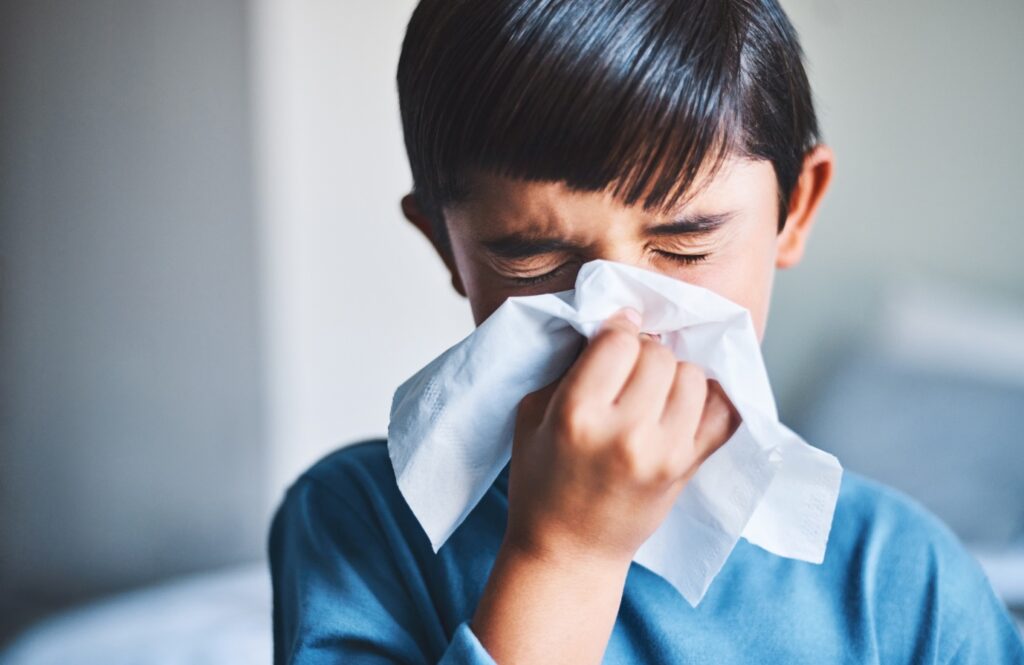Receiving a breast cancer diagnosis is a life-altering experience that impacts not only the body but also the mind, spirit, and relationships. While treatments like surgery, chemotherapy, and radiation focus on physical recovery, emotional well-being is just as crucial. In fact, research increasingly shows that emotional support can enhance both the quality of life and even the long-term health outcomes of breast cancer survivors. Whether it’s through loved ones, professional counseling, or community support, emotional care plays a key role in navigating the challenging road to recovery.
Why Emotional Support is Crucial
Breast cancer treatment can feel like an emotional rollercoaster. Women facing this journey often experience anxiety about their diagnosis, fear of recurrence, and concerns over body image. Many also feel isolated and uncertain about the future. Emotional support helps women address these feelings, providing a sense of belonging and reassurance that they don’t have to face the battle alone.
What makes emotional support so powerful is that it does more than simply lift spirits—it has tangible benefits. Studies have shown that women who receive emotional support during breast cancer treatment are more likely to adhere to their treatment plans, feel more motivated, and experience lower levels of anxiety and depression. Emotional well-being contributes to the body’s ability to heal, making recovery not only faster but also more sustainable.
Types of Emotional Support During Recovery
Emotional support can come from a wide variety of sources, each with unique benefits that contribute to overall mental health and wellness:
1. Family and Friends: Your Emotional Anchors
Family and friends often serve as the bedrock of emotional support. They provide comfort and encouragement during the toughest moments. Practical help—like driving to medical appointments or preparing meals—can significantly reduce the stress that often accompanies treatment. Just knowing that someone is there to lean on provides an invaluable sense of stability.
Importantly, friends and family can act as emotional mirrors. They can reflect positive moments back to you during times of doubt, providing an uplifting perspective when you may feel low. Sometimes, their role is simply to listen, offering a shoulder to cry on or a space to vent without judgment. These moments of shared vulnerability strengthen relationships and provide deep emotional relief.
2. Support Groups: The Power of Shared Experience
Breast cancer support groups create a unique sense of solidarity. There’s something incredibly reassuring about talking to others who are walking a similar path. Whether in person or online, these groups provide a safe space to share experiences, ask questions, and seek comfort from those who truly understand what it’s like to go through breast cancer.
Support groups also allow for shared learning. Participants often share tips on managing treatment side effects, discuss emotional challenges, and even celebrate personal victories together. This collective knowledge can be empowering and provide practical advice that complements medical care. Many women find lifelong friendships in these spaces, giving them a continued source of support well beyond their treatment.
3. Professional Counseling: A Safe Space to Heal
Cancer not only affects the body but also stirs up profound emotional and existential questions. This is where professional counseling can be an incredible resource. A trained therapist or counselor, especially one with oncology experience, helps women process the wide range of emotions that often accompany cancer treatment—fear, anger, grief, or even guilt.
Therapists use proven techniques such as cognitive-behavioral therapy (CBT) to address anxiety and depression, helping individuals develop coping strategies that improve mental well-being. Counseling also provides a neutral space to explore the emotional complexities of breast cancer, from self-image changes after mastectomy to concerns about relationships and intimacy. Emotional recovery is just as important as physical recovery, and therapy can be a vital tool for achieving that balance.
4. Holistic Practices: Mindfulness, Meditation, and Self-Care
Beyond external support, emotional healing can also come from within. Mindfulness practices, such as meditation, yoga, and journaling, help many women manage stress and maintain mental clarity during breast cancer treatment. These self-care routines bring a sense of peace and control, offering emotional tools to ground oneself in moments of fear or uncertainty.
Mindfulness can also reduce treatment-related fatigue and improve sleep, both of which have a direct impact on emotional health. Yoga, for example, not only offers gentle physical exercise but also a mental break from the demands of treatment, allowing women to focus on their bodies and emotional well-being in a positive way. Combining mindfulness with emotional support from others can create a holistic recovery approach that fosters both inner peace and strength.
Navigating the Emotional Rollercoaster of Body Image
Breast cancer often results in visible changes to the body, such as hair loss from chemotherapy or scars from mastectomy, which can deeply affect a woman’s sense of identity and self-worth. Emotional support is essential for dealing with these body image changes. Discussing these feelings with a therapist, a support group, or even close friends can help normalize the experience and provide reassurance that beauty and strength come in many forms.
Many women find that engaging in self-compassion practices—such as writing positive affirmations, engaging in creative outlets, or treating themselves to activities that boost confidence—can shift their focus from external appearance to inner resilience. Emotional support in this context becomes a pathway toward rediscovering self-acceptance and regaining confidence after physical changes.
Long-Term Emotional Support: Beyond Treatment
The emotional journey of breast cancer doesn’t end with treatment. For many, fears of recurrence, lingering side effects, and adjusting to life after cancer are ongoing challenges. Continued emotional support—whether through therapy, long-term support groups, or maintaining close connections with loved ones—remains crucial for navigating the “new normal.”
Reconnecting with hobbies, professional life, and physical activities post-treatment can also be an important emotional outlet. Many women find that investing in their mental health beyond treatment helps them rediscover a sense of purpose and direction, allowing them to move forward with a renewed outlook on life.
An insight from mamahood
Recovering from breast cancer requires more than just physical treatments—it requires a nurturing emotional environment that fosters hope, strength, and resilience. Emotional support, whether from loved ones, peers, or professionals, is an integral part of healing that can make the journey easier and more empowering. If you or someone you know is facing breast cancer, don’t hesitate to reach out for emotional support. You are not alone, and with the Mamahood community, you have a safe space to connect with other women who understand, share, and support each other through every step of the journey. Reach out, lean on your community, and remember that healing is not just physical, but mental and emotional as well. For more support, feel free to connect with Mamahood Health Advisors via live chat or private message, or explore Mamadoc—your AI doctor offering tailored guidance just for you.







